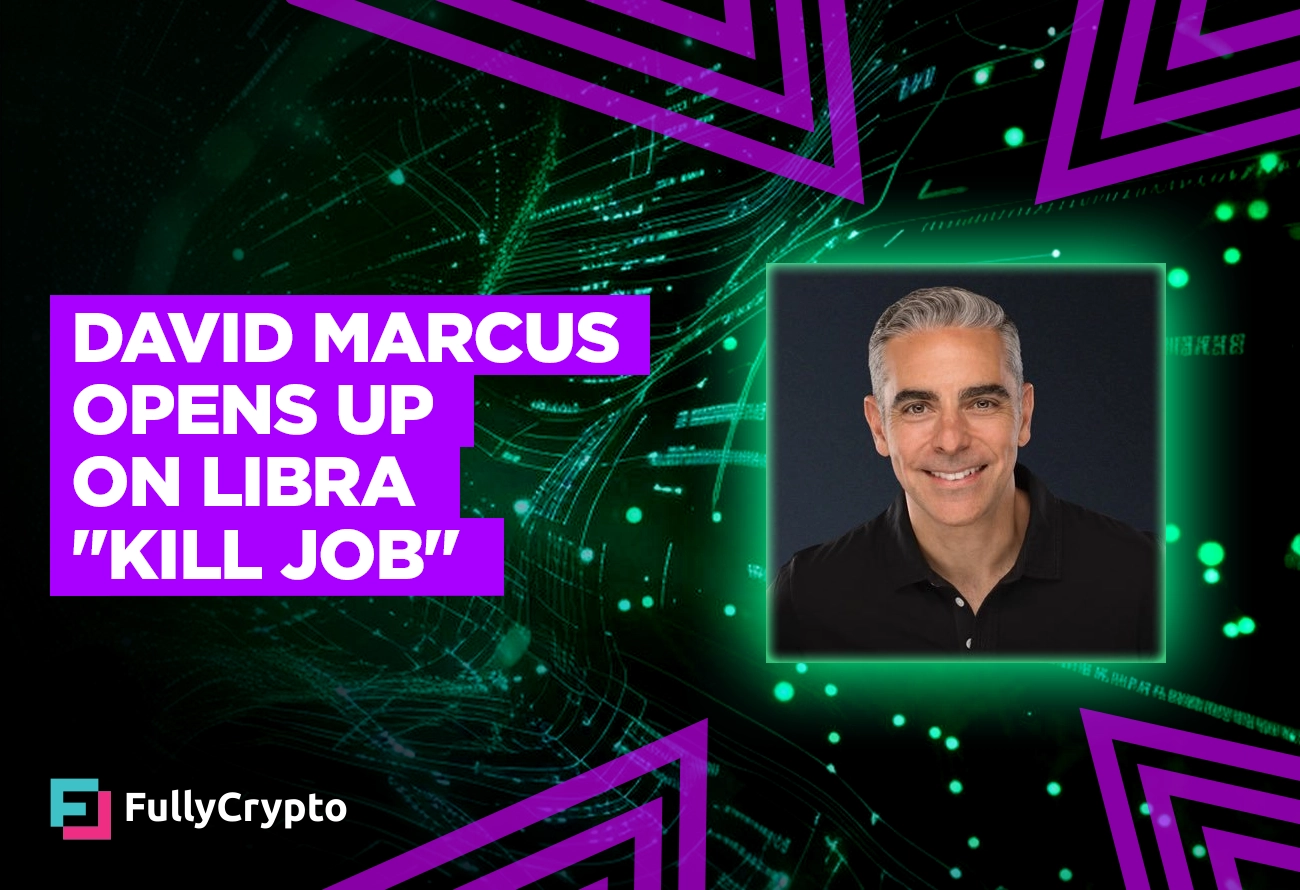David Marcus Opens Up On Libra “Kill Job”
![]()
By Mark Hunter
2 days agoMon Dec 02 2024 08:00:48

Reading Time: 2 minutes
- Former Libra head David Marcus has opened up on the experience
- Marcus quit in 2021 when the project was already on a path nowhere
- Marcus called the death of Libra “100% a political kill”
The former head of Meta’s Libra cryptocurrency has opened up on the “kill job” that eventually saw the coin’s lofty ambitions end in an asset sale. David Marcus, who left the project in December 2021 , claimed that influential US politicians effectively killed the project, which he claimed would have changed the world of payments. Marcus was required to defend the principles of Libra and the Libra Association to Congress on several occasions, quitting when he realised the project was clearly doomed.
Marcus Laments Lost Opportunity
Marcus claimed in a lengthy tweet that Meta’s ambitious blockchain project, which was renamed Diem in 2020 , was set to “revolutionize global payments” with its high-performance stablecoin, but political resistance ultimately led to its demise. “It would’ve solved global payments at scale,” the project lead explained, detailing how the team spent months briefing regulators before its 2019 announcement .
However, within weeks, the project faced intense scrutiny, with the lead testifying before Congress, marking the start of years of regulatory hurdles and concessions.
By 2021, Marcus said, the project had addressed all regulatory concerns, including those related to financial crime, consumer protection, and reserve management. The Federal Reserve seemed ready to approve a limited pilot, but political dynamics intervened; Treasury Secretary Janet Yellen warned Fed Chair Jay Powell that moving forward would be “political suicide,” a pivotal moment that effectively ended Libra.
Shortly after, according to Marcus, the Fed told participating banks, “We can’t stop you from moving forward…but we are not comfortable with you doing so,” sealing its fate.
Libra Death Was “Political Kill”
Reflecting on the experience, the former head, who now works for Bitcoin payment company Lightspark, expressed disillusionment with how political pressure—not legal or regulatory issues—had shut down the initiative:
There was no legal or regulatory angle left for the government or regulators to kill the project. It was 100% a political kill—one that was executed through intimidation of captive banking institutions.
Marcus summarized that the final product had become “a Frankenstein of our initial ambitions” and had no chance of success.



